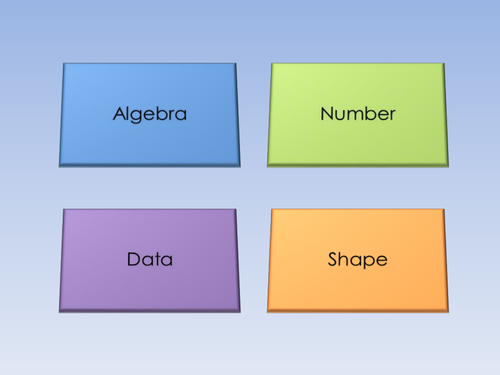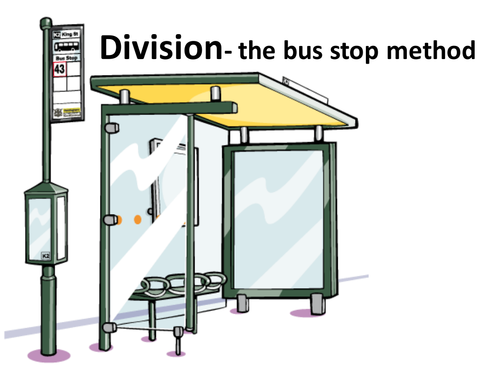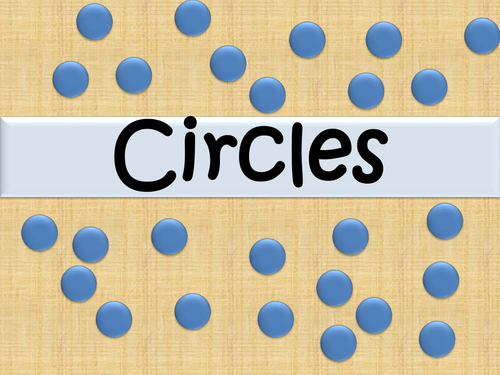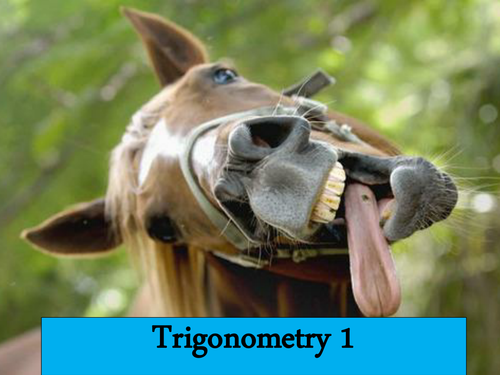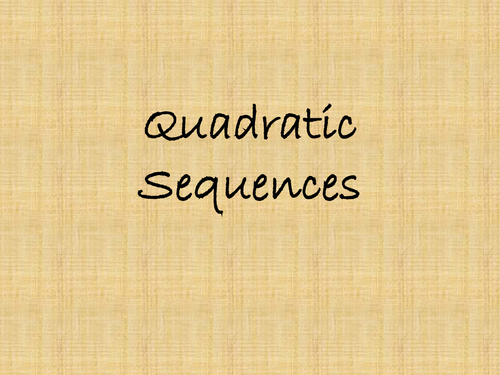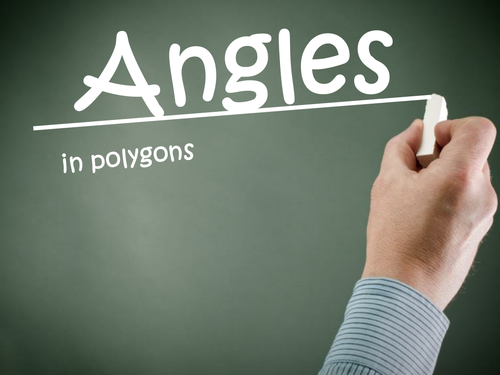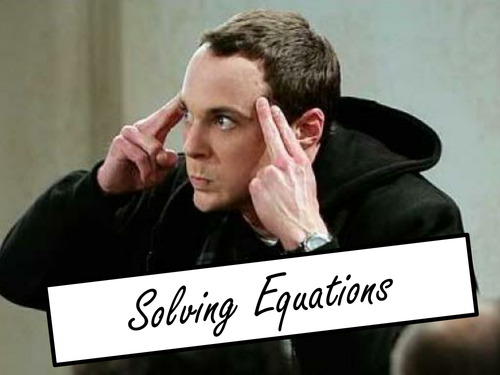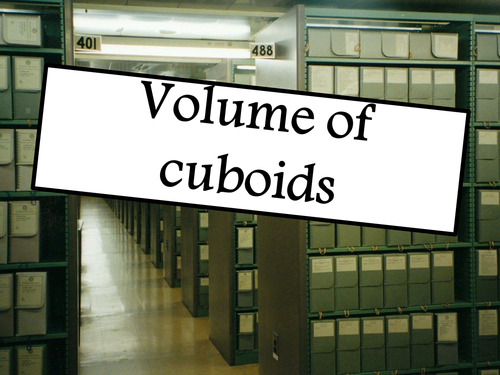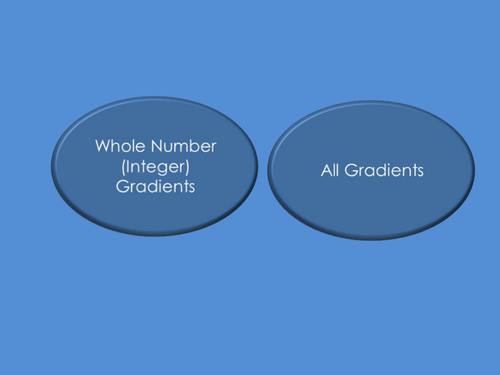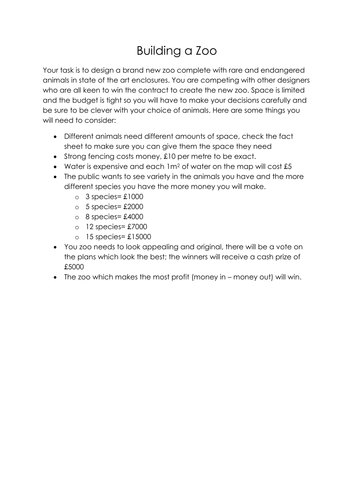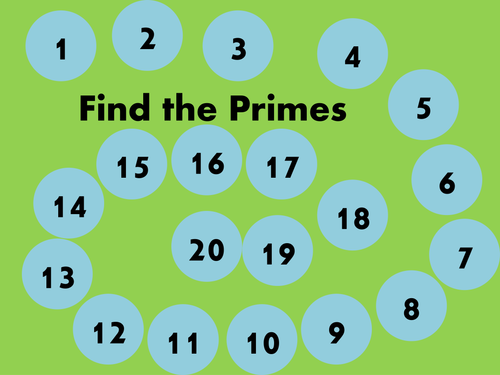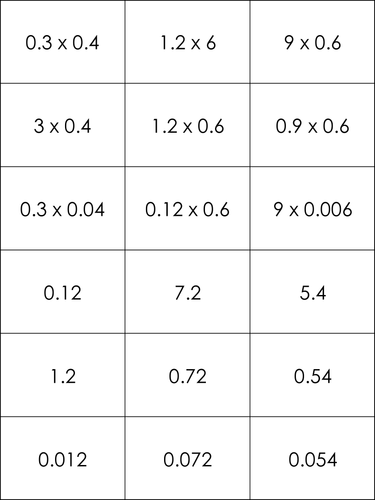
623Uploads
5483k+Views
2899k+Downloads
Mathematics

KS3 Solving equations- simplifying first
A KS3 powerpoint showing how to solve equations where you need to simplify by collecting like terms. With some questions and answers at the end. Hope you find it useful

Probability of event not happening - quizzes
Probability quiz. Event not happening. KS3 statistics. 2 little quizzes giving the probability of events and students have to say the probability of that event not happening. I use the multiple choice one at the start of the lesson so we can talk about it, then the timed quiz with answers at the end of the lesson as a plenary. Hope you find them useful

KS3 - 10 Number Starters - PowerPoint
A PowerPoint with 10 starters to use or adapt, each one is a slide of numbers and students need to find primes, squares or factors and then an animation will show which ones are correct. Maybe a nice settler as doesn't take much explanation once it's up.

Mega Revision PPT KS3 (11-14) GCSE (14-16)
A mega revision PowerPoint with topics from KS3 (11-14 year olds and GCSE (14-16 year olds). I've just stuck questions from my worksheets into one big PowerPoint to keep them organised and save on printing / photocopying. Just under 100 sets of questions from a big range of KS3 and KS4 topics (includes fractions,decimals percentages, transformations, trigonometry, area, angles, construction, equations, quadratics, sequences, graphs, sampling, probability and a load more) Hope you find them useful!
Check out mega PowerPoint with answers for a more up to date version!

The Bus Stop method powerpoint
A powerpoint showing the bus stop method for division. Ideal for KS2 and KS3 students.

GCSE Maths: Circles Powerpoint (20 lessons)
Here is a collection of circles powerpoints, not just questions but examples and instruction. Includes answers. Covers what is pi, area and circumference, sectors, segments, perimeters, compound shapes, volume of cylinders, cones and spheres, equation of a circle, simultaneous equations, circle theories, pretty much all circle stuff i could think off. Includes a bit of rounding practise.
Please let me know what you think or inbox me if you find a mistake, be nice, I'd love to make it better and make the next one better than this.

Trigonometry Introduction Lesson
A lesson that introduces sin,cos and tan, with a little quiz and questions at the the end.

Nth Term of Quadratic Sequences - PowerPoint
A KS3 / GCSE PowerPoint with a little tutorial showing how to find the nth term of quadratics in the form ax2 + c and ax2 + bx + c. Starter has 10 multiple choice questions on finding nth term of linear sequecnes, there are a few examples then some questions with answers.
Hope you find it useful

Angles in Regular Polygons Powerpoint
KS3 interactive powerpoint on angles in regular polygons with questions at the end with answers. Hope you find it useful.

KS3 Area of shapes powerpoint activity
A simple KS3 powerpoint showing how to find the area of rectangles, parallelograms, triangles and trapeziums (trapezia?). some quesyions at the end with answers.

Solving Equations Powerpoint
A simple solving equations powerpoint made for a group who needed a little reinforcement. a fun little algebra starter, make sure you change teachers names to suit your school. Some examples and then some questions.
Hope you find it useful

KS3 - Volume of Prisms PowerPoint
A KS3 powerpoint showing how to find the volume of prism with questions at the end. Hope you find it useful.

Finding Angles for Pie Charts Powerpoint
KS3 / GCSE statistics activity. A powerpoint showing how to find the angles needed for a powerpoint, with some questions at the end. Hope you find it useful.

KS3/ GCSE - Equation of a Straight Line PowerPoint
A PowerPoint showing how to find the equation of a straight line in the form y= mx +c. Ideal for KS3 and GCSE students. There are lots of examples including negative and fractional gradients, and some questions for students to try.

KS3 Solving equations with unknowns on both sides
KS3 Solving Equations 3- Unknowns on both sides. A powerpoint showing how to solve equations with unknowns are on both sides of the equation. Questions and answers are at the end.

GCSE Finding the Gradient - Sheet of Questions
A sheet with GCSE starter, main and extension questions. The main has a finding the gradient of a line connecting two coordinates question. Ideal to be used as part of a lesson.

KS3 Designing A Zoo Word Task
An APP / BLP sort of lesson where students are asked to design a zoo, they need to take make sure that animals have enough space and have to design the shape of the enclosures. Involves area and perimeter as animals which make the most money need bigger enclosures but the fencing costs money so they need to try to reduce area to perimeter ratio.
All you need is a few sheets of squared paper for each group to degin their zoo on (3 or 4 should be plenty) and then they compete to make the best looking zoo which makes the most money.

Maths KS3: Direct and Indirect Proportion starter
A grid showing variables, the students have to work out which are related, e.g. time spent revising and mark on test are related. Going through students answers i tend to use one colour to match up direct relationships and another to match up indirect and ask them to think about what the red relationships have in common and what the blue relationships have in common. Will this relationship be blue or red?

Prime Factor Decomposition, HCF and LCM PowerPoint
A KS3 PowerPoint showing prime factor decomposition and how to use this to find HCF and LCM, didn't want to cover it in text so you'll have o do the talking, there are questions for students to practise with.

Multiplying Decimals Matching Cards - KS3
A PowerPoint with match cards for multiplying decimals at KS3. Does what it says on the tin, match multiplying decimal questions to the answers.




